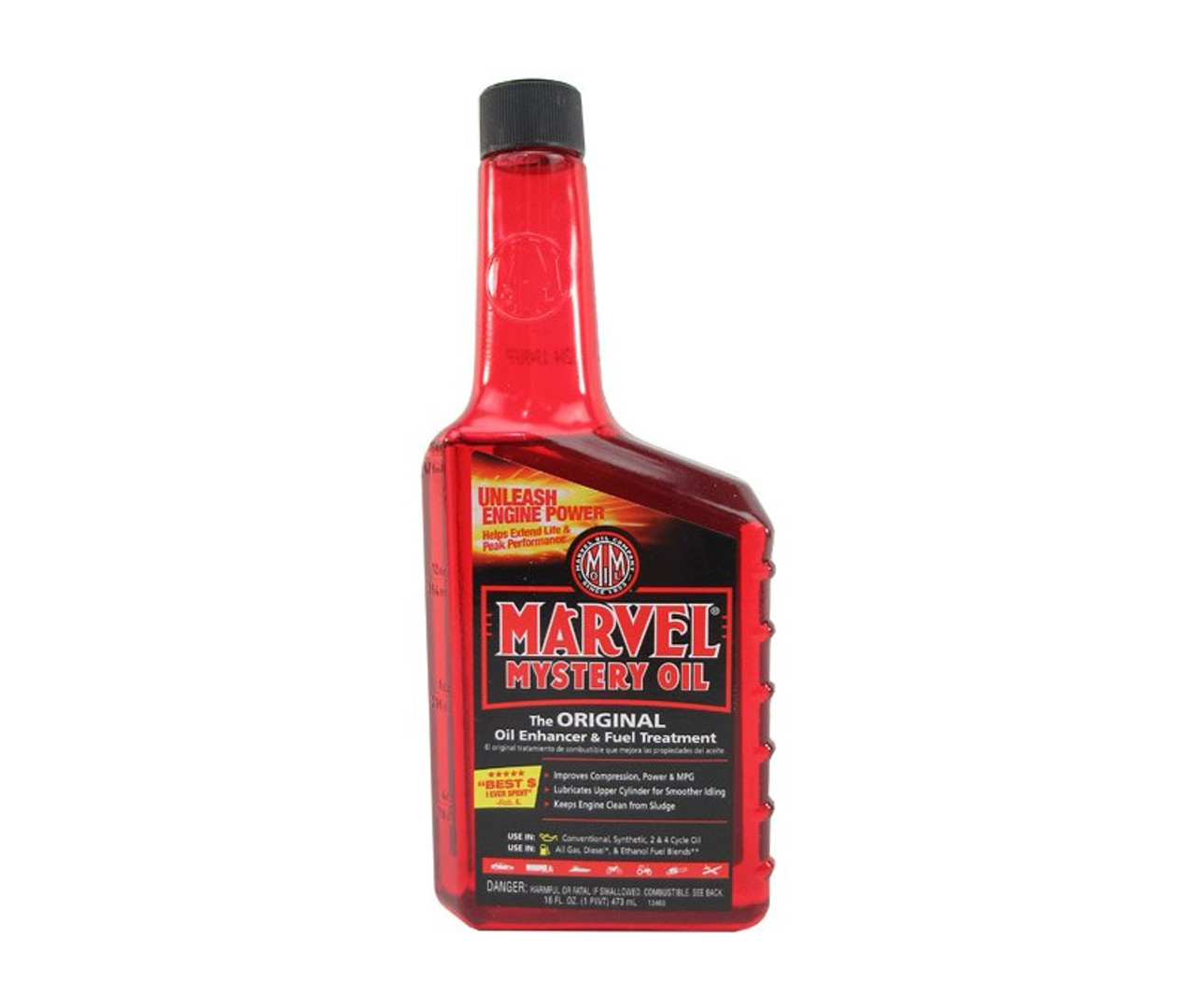Engine Oil: Unleash the Power Within
Engine oil is a lubricant used to coat and protect the moving parts of an engine, reducing friction and heat buildup. It plays a crucial role in maintaining the engine’s efficiency and prolonging its lifespan.

Credit: skygeek.com
The Importance Of Engine Oil
Engine oil plays a vital role in improving engine performance and longevity. It enhances fuel efficiency by reducing friction and heat. Regular oil changes prevent engine wear and tear, extending the life of the engine components. With fresh oil, the engine runs smoothly and efficiently, providing optimal power and performance.
It acts as a lubricant, reducing friction between moving parts and preventing overheating. By minimizing friction, engine oil also helps to increase fuel economy, saving you money at the pump. Moreover, the oil forms a protective layer on metal surfaces, shielding them from corrosion.
Overall, using the right engine oil and maintaining regular oil changes is crucial for the proper functioning and longevity of your vehicle’s engine.
Types Of Engine Oil
One type of engine oil is conventional oil. Conventional oil is the most commonly used type of oil. It is made from a blend of base oils and chemical additives. Synthetic oil is another type of engine oil. It is made from artificial compounds that are designed to provide better lubrication and protection for your engine.
Synthetic oil is typically more expensive than conventional oil, but it offers improved performance and longer-lasting protection. High-mileage oil is a special type of engine oil that is formulated for older vehicles with higher mileage. It contains additives that help to reduce oil consumption and prevent oil leaks in older engines.
Choosing the right type of engine oil for your vehicle is important to ensure optimal performance and protection for your engine. Consider factors like your vehicle’s age, mileage, and manufacturer recommendations when selecting engine oil.
Choosing The Right Engine Oil
Choosing the right engine oil is crucial for optimal performance. Consider the manufacturer’s recommendations to ensure compatibility. Assess driving conditions and climate to determine the appropriate oil viscosity. Different climates require different oil viscosities to protect the engine effectively. Understanding oil additives is also important as they can enhance oil performance and protect the engine from wear and deposits.
Look for additives that offer benefits like improved fuel economy and increased engine life. By selecting the right engine oil, you can ensure smooth operation and prolong the lifespan of your vehicle.
Engine Oil Change Frequency
Engine oil change frequency is determined by several factors, including ideal oil change interval and oil analysis. The ideal oil change interval depends on various aspects, such as the type of engine oil used, driving conditions, and the manufacturer’s recommendations.
Additionally, oil analysis plays a crucial role in determining the right time for an oil change. Oil analysis involves examining the oil’s condition and checking for any contaminants or excessive wear particles. Regular oil analysis helps maintain optimal engine performance and prevent potential damage.
Factors like high temperatures, frequent short trips, and heavy loads can affect oil quality and decrease the recommended change interval. By considering all these factors and conducting regular oil analysis, you can ensure your engine runs smoothly and efficiently.
Signs Of Engine Oil Problems
Engine oil problems can manifest in various ways. One sign is low oil pressure, which can cause engine damage. Another indicator is engine overheating, resulting from inadequate oil lubrication. Additionally, unusual engine noises may signify oil-related issues. It is crucial to address these problems promptly to prevent further damage or expensive repairs associated with engine oil problems.
Timely maintenance, regular oil changes, and monitoring oil levels can help ensure smooth engine operation. Keep an eye out for warning signs and consult a professional if you experience any of these problems. Proper engine oil care is essential for the longevity and efficiency of your vehicle.
Maintain your engine oil regularly to keep your vehicle running smoothly.
Proper Engine Oil Maintenance
It is crucial to check your engine oil levels regularly in order to maintain proper engine oil. Understanding the viscosity index of oil is also important. Regular oil changes play a significant role in the overall health of your engine.
By keeping a close eye on your oil levels and viscosity, you can ensure that your engine runs smoothly and efficiently. Remember to follow the manufacturer’s guidelines for recommended oil change intervals. Proper engine oil maintenance is essential for extending the lifespan of your engine and preventing potential damage.
By taking these steps, you can keep your engine well-lubricated and running at its best.
Engine Oil Myths Debunked
Engine oil myths debunked: all oils are not the same, so don’t be fooled by this misconception. Changing oil frequently is not always necessary, as long as you follow the manufacturer’s recommendation. Adding more oil does not guarantee better performance; it can actually lead to engine damage.
It’s essential to use the right type and viscosity of oil for your vehicle. Quality matters, as low-quality oil may not provide adequate lubrication. Regularly checking the oil level and quality is important for maintaining the health of your engine.
By understanding these debunked myths, you can make informed decisions about engine oil for optimal performance.
Engine Oil Proactive Measures
Engine oil plays a critical role in the operation of any vehicle. Regularly checking for oil leaks is essential to prevent potential damage. Using quality oil filters ensures that contaminants are effectively removed from the oil. Proper disposal of used oil is also important for environmental sustainability.
By taking these proactive measures, you can extend the life of your engine and maximize its performance. Neglecting to follow these steps may result in costly repairs and decreased efficiency. Stay proactive and prioritize the health of your engine by incorporating these simple practices into your regular maintenance routine.
Conclusion
Engine oil plays a critical role in promoting the overall health and performance of your vehicle’s engine. By lubricating the moving parts, reducing friction, and managing heat, it prevents wear and tear, prolongs engine life, and optimizes fuel efficiency. The right choice of engine oil based on your vehicle and driving conditions is essential to ensure maximum protection and performance.
Regular oil changes are crucial to maintain the quality and effectiveness of the oil, as contaminants and breakdown can compromise its ability to perform optimally. It is also important to follow the manufacturer’s recommendations for oil change intervals and viscosity for the best results.
By providing proper care and attention to your engine’s oil needs, you can keep your vehicle running smoothly and efficiently for years to come.







